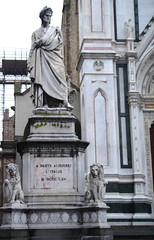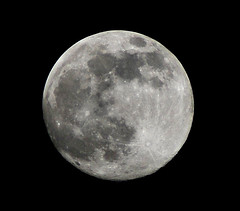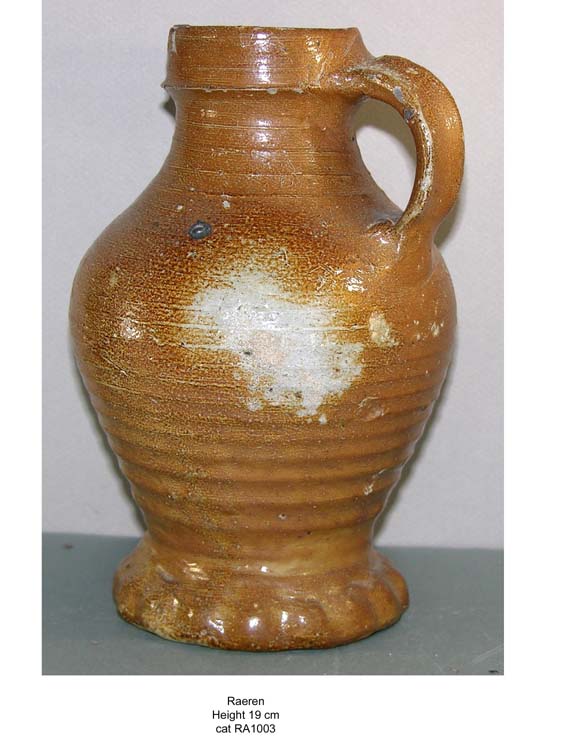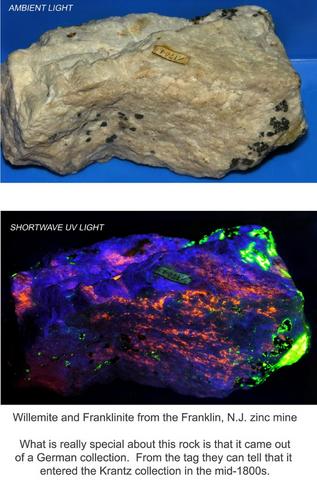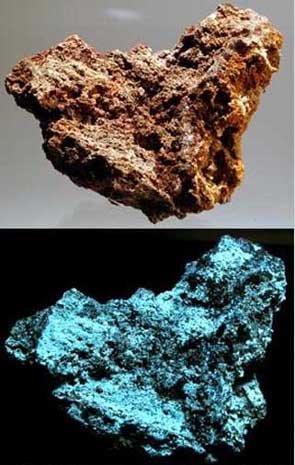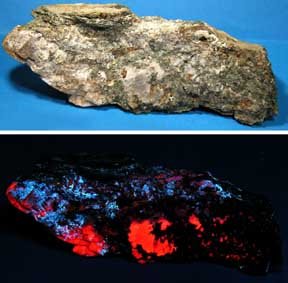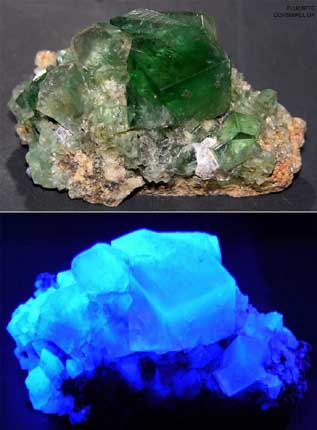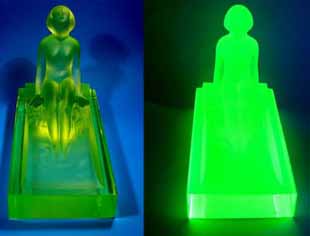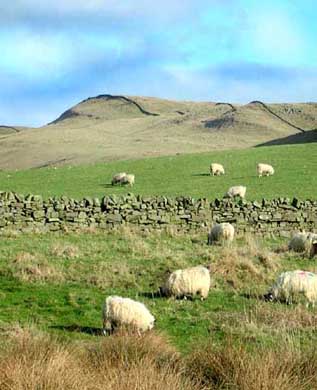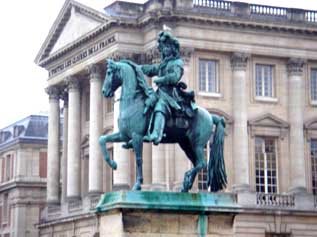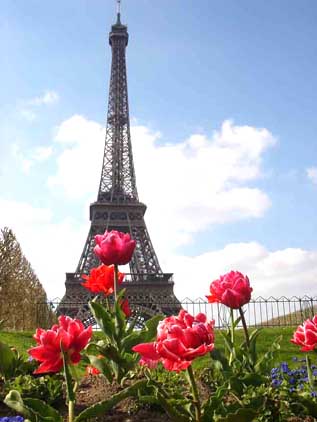Terlingua
-
The ghost town of Terlingua, Texas is famous. It lies just north of the Big Bend of the Rio Grande in West Texas.
-
It used to have numerous mines which were going after the metal  mercury (quicksilver). Like in the famous mines in Almaden, Spain the mercury ore in Terlingua is found in the form of a red colored rock called cinnabar . They processed this rock into mercury by first grinding it up, then putting it in large retorts where it was heated. The mercury easily boiled off and vaporized into a mercury "steam." This was then condensed into liquid mercury. This particular job, working around the retorts, was probably the most hazardous to one's health because the operators breathed in the mercury vapor. Overall it was more hazardous than even working in the mines.
mercury (quicksilver). Like in the famous mines in Almaden, Spain the mercury ore in Terlingua is found in the form of a red colored rock called cinnabar . They processed this rock into mercury by first grinding it up, then putting it in large retorts where it was heated. The mercury easily boiled off and vaporized into a mercury "steam." This was then condensed into liquid mercury. This particular job, working around the retorts, was probably the most hazardous to one's health because the operators breathed in the mercury vapor. Overall it was more hazardous than even working in the mines.
 mercury (quicksilver). Like in the famous mines in Almaden, Spain the mercury ore in Terlingua is found in the form of a red colored rock called cinnabar . They processed this rock into mercury by first grinding it up, then putting it in large retorts where it was heated. The mercury easily boiled off and vaporized into a mercury "steam." This was then condensed into liquid mercury. This particular job, working around the retorts, was probably the most hazardous to one's health because the operators breathed in the mercury vapor. Overall it was more hazardous than even working in the mines.
mercury (quicksilver). Like in the famous mines in Almaden, Spain the mercury ore in Terlingua is found in the form of a red colored rock called cinnabar . They processed this rock into mercury by first grinding it up, then putting it in large retorts where it was heated. The mercury easily boiled off and vaporized into a mercury "steam." This was then condensed into liquid mercury. This particular job, working around the retorts, was probably the most hazardous to one's health because the operators breathed in the mercury vapor. Overall it was more hazardous than even working in the mines.-
Mercury is extremely toxic. Wikipedia says that the Romans used convict labor in their mines as a form of death sentence. The Spanish also used shorter term convict labor at the Almadén mines, with a 24% overall fatality rate in one 30 year period.
-
Abandoned mercury mine processing sites often contain very hazardous waste piles of roasted cinnabar calcines. Water runoff from such sites is a recognized source of ecological damage.
Abandoned mercury mine processing sites often contain very hazardous waste piles of roasted cinnabar calcines. Water runoff from such sites is a recognized source of ecological damage.
-
Cinnabar was often used in royal burial chambers during the peak of Mayan civilization. The red stone was inserted into limestone  sarcophagi, both as a decoration and, more importantly, to deter vandals and thieves with its well-known toxicity
sarcophagi, both as a decoration and, more importantly, to deter vandals and thieves with its well-known toxicity
 sarcophagi, both as a decoration and, more importantly, to deter vandals and thieves with its well-known toxicity
sarcophagi, both as a decoration and, more importantly, to deter vandals and thieves with its well-known toxicity-
The mine waste heaps are all over the place down at Terlingua.
-
Terlingua is famous in modern times for being the place where the  concept of a Chili Cookoff originated. Some years as many as 10,000 or even 15,000 people show up for the Terlingua Chili Cookoff.
concept of a Chili Cookoff originated. Some years as many as 10,000 or even 15,000 people show up for the Terlingua Chili Cookoff.
 concept of a Chili Cookoff originated. Some years as many as 10,000 or even 15,000 people show up for the Terlingua Chili Cookoff.
concept of a Chili Cookoff originated. Some years as many as 10,000 or even 15,000 people show up for the Terlingua Chili Cookoff. -
Even though I had been to Big Bend before, and had even done a river raft camping trip through Santa Elena Canyon, I had never been to the chili cookoff. So this year I went. I really didn't know what to expect but what I found were two competing chili cookoffs in Terlingua. Apparently there is sort of a feud going on.
-
The food company which I worked at for 25 years is one of the sponsors of what a policeman called the "rowdy group." They are on the West Side, just out of town. The whole town and event seemed geared to take as much money as possible from tourists. In any manner possible. That seemed to be the number one goal.

-
To collectors of fluorescent stones, Terlingua Calcite is famous. Today it is a type or variety. Like in Terlingua Type Calcite from Durango, Mexico or Boquillas. Actually some of this material fluoresces better than what came out of the mines in Terlingua, but the original stuff is famous and  desired by collectors just because of its historical significance.
desired by collectors just because of its historical significance.
 desired by collectors just because of its historical significance.
desired by collectors just because of its historical significance.-
Under long wave ultraviolet light it fluoresces pink to red, when illuminated with short wave UV light it is blueish, and then when the short wave UV light is extinguished the mineral continues to glow blue (phosporescence). This calcite came out of several of the mercury mines in Terlingua. The mines have all now been closed, so the "real McCoy Terlingua Calcite" has become hard to find.
LINKS:
